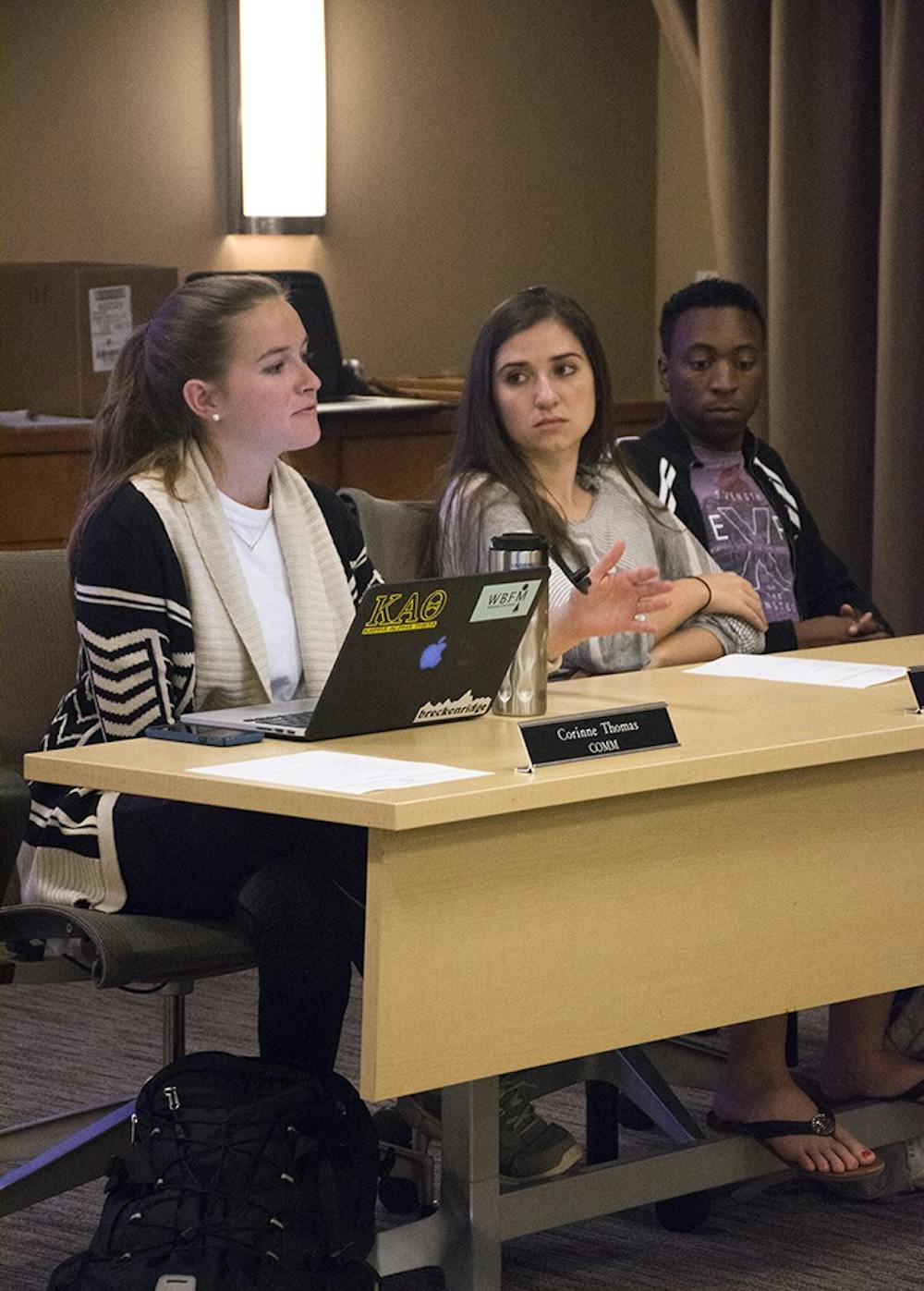The Honor Committee discussed jurisdiction at its weekly meeting in the form of a newly proposed by-law regarding the committee’s discretion to decline or defer jurisdiction of certain cases.
The last update to the general body’s by-laws was at the beginning of this term on Aug. 1. Those changes allowed for all cases following these alterations to be considered under that standard.
Current literature states that the Honor Committee’s jurisdiction includes “any allegation of a significant act of lying, cheating or stealing.”
“The Honor legal advisor helped significantly with drafting this language, and she proposed the majority of the language,” Honor Committee Chair Matt West, a fourth-year College student, said. “We hammered out all the details, each clause that included investigate, judicate and so forth.”
The proposed language states that the committee “may decline jurisdiction to accept, initiate or pursue, or may dismiss, any report of an alleged Honor Offense when, in the sole reasonable discretion of the Executive Committee.”
This would be allowed in cases when a report “implicates technical, legal or regulatory matters about which average University students may lack sufficient training or expertise, or has been or will be investigated, adjudicated, remediated, sanctioned or otherwise addressed by another University administrative or disciplinary process.”
Despite the its jurisdiction being outlined in governing documents, the committee has not had the power to decline or defer jurisdiction on a case-by-case basis to this extent.
“[The new proposal] gives the Executive Committee the authority to deny jurisdiction before a report is filed and also kind of formalizes our authority to dismiss existing reports for reasons beyond lack of evidence,” West said.
Authority over these decisions will now fall to the Honor Executive Committee or the vice chair for investigations, depending on the case brought to the group.
West did continue to say that this new rule will only be used in rare occasions and when a case was beyond the legal stature of the Honor Committee, citing examples of reports of lying during a Title IX case and landlord-tenant disputes.
“Obviously, the major issues that prompted these changes were issues with landlord-tenant disputes that may be better served in a claims court and with Title IX and sexual assault,” West said.
The proposal will be considered by the committee and revised during following meetings.
Discussion over the proposal led to development on a possible effort to change more by-laws in the committee’s governing documents.
“Talking about the pre-report or post-report, I think that is going to be a little tricky, making a determination either way, partly because it is really decentralized as to how we would decide that,” Honor rep. Caroline Herre, graduate Architecture student, said.
More changes have yet to be discussed, but members of the committee still want to decide what voting method would be best for declining a case. The discussion is centered on the options of majority, four-fifths or unanimous vote for these cases.
The committee tentatively plans to vote on the new proposal at next week’s meeting on Nov. 6. Meetings take place at 8 p.m. in Newcomb 480 and are open to the public for community input before and after the committee’s main itinerary.







